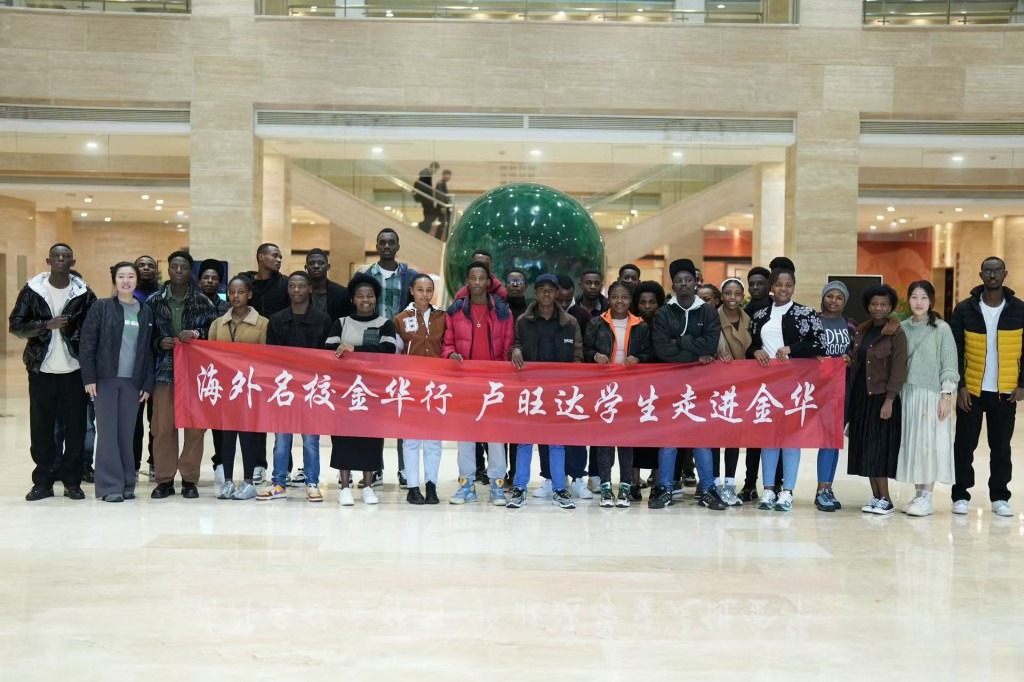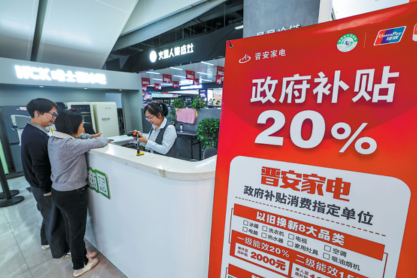On reform, China needs to 'keep peddling': expert

Chinese leaders' views have changed "dramatically" over time, and they're recognizing the importance of the interdependence between the US and China, China expert David Lampton said.
"No one would want to trade the problems of China for the United States," Lampton, director of China studies at the Johns Hopkins School of Advanced International Studies (SAIS), said.
"China's got enormous problems and should realize that Deng Xiaoping had a lot of wisdom when he said, 'Let's pay attention to the internal problems and pacify the outside'. In the same way, in the United States, we may be at a different absolute level of per capita income, but we're in essentially the same position."
Lampton was speaking at the New York Institute of Technology to promote his latest book Following the Leader: Ruling China, from Deng Xiaoping to Xi Jinping. The event took place on Wednesday, co-sponsored by the National Committee on US-China Relations (NCUSCR) and the John Hopkins SAIS New York Alumni Club.
"One can hardly do anything but be massively impressed with what the Chinese have accomplished, more so when you actually understand the problems they're facing," Lampton said. "But past success is not a guarantee of future success, and so reform is like riding a bicycle. It's great how far you went, but unless you keep peddling, you're going to fall off.
"I think China needs to keep peddling," he added.
Lampton's book, published in February by the University of California Press, talks about the role of China's leaders since Deng Xiaoping's presidency. Based on hundreds of interviews, Lampton discusses issues of reform and governance under the new leadership.
"The most unusual aspect of this [book] is that it's an attempt to let Chinese leaders describe the world as they understand it," he said.
Lampton's book includes hundreds of interviews with Chinese leaders, though he said that interviews meant a variety of things, including sitting in on dozens of meetings "like a fly on the wall".
He added that he's also using the word "leader" loosely, which now not only includes political leaders, but also "intellectuals, people in the media world" and CEOs. "Over time one of the interesting things is who you're talking to is expanding rapidly," he said.
"I always tell my students, 'It's interesting what you think, but it's important what your interlocutor thinks, because in the end your interlocutor is going to operate according to their perceptions of the world, their values, and their interests,'" he said.
Being a leader in China today is a "tough job" that entails all sorts of unpredictable situations - ranging from natural disasters to political tensions - that involve a population as large as China's, Lampton said.
(China Daily USA 03/27/2014 page2)
Today's Top News
- China's central bank outlines monetary priorities for 2025
- 8 killed, 15 injured in market fire in North China's Hebei
- IoT new engine of socioeconomic development
- Visit highlights strong ties with Africa
- Xi sends congratulations to new Georgian president
- No letup in battle against corruption






























